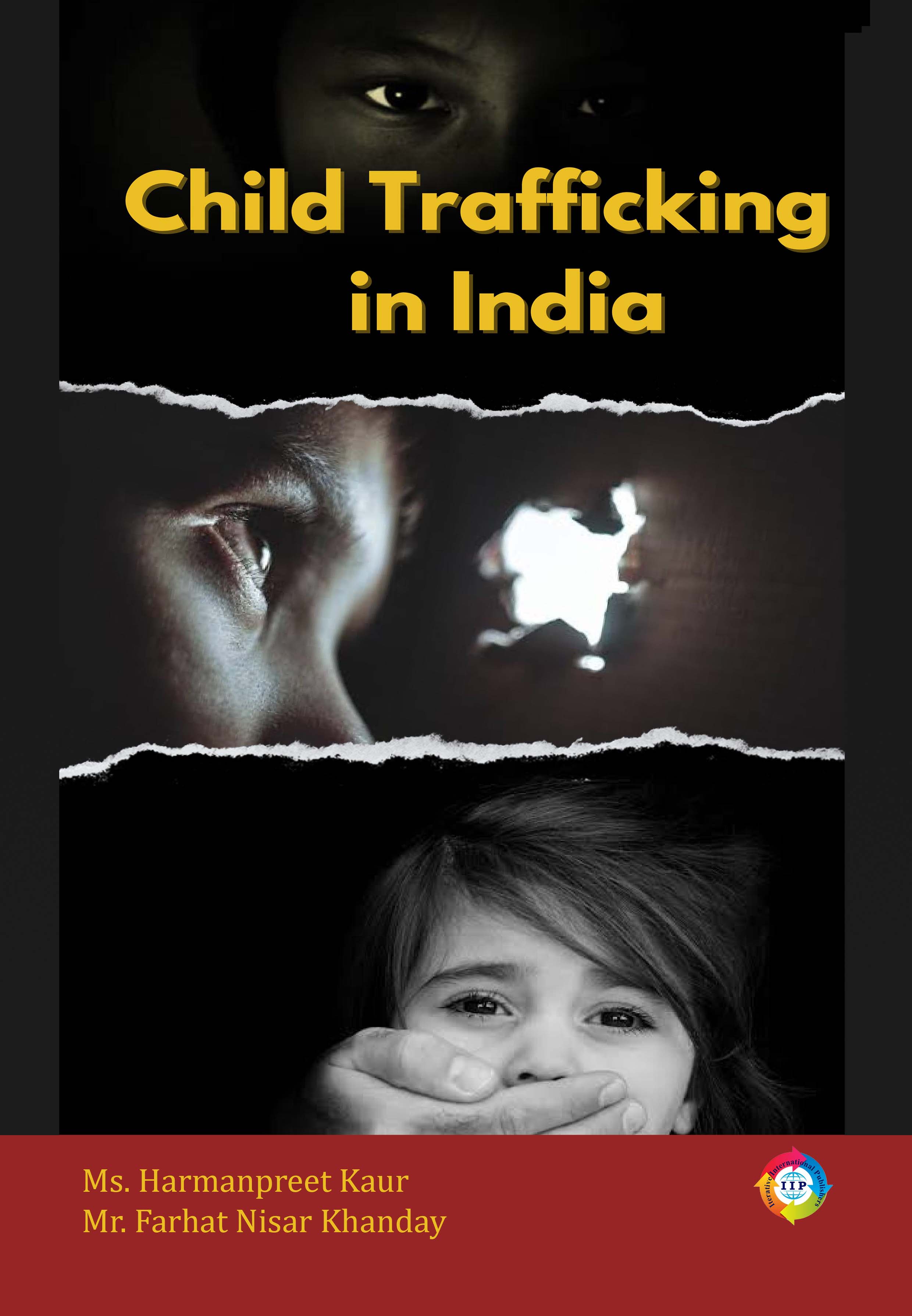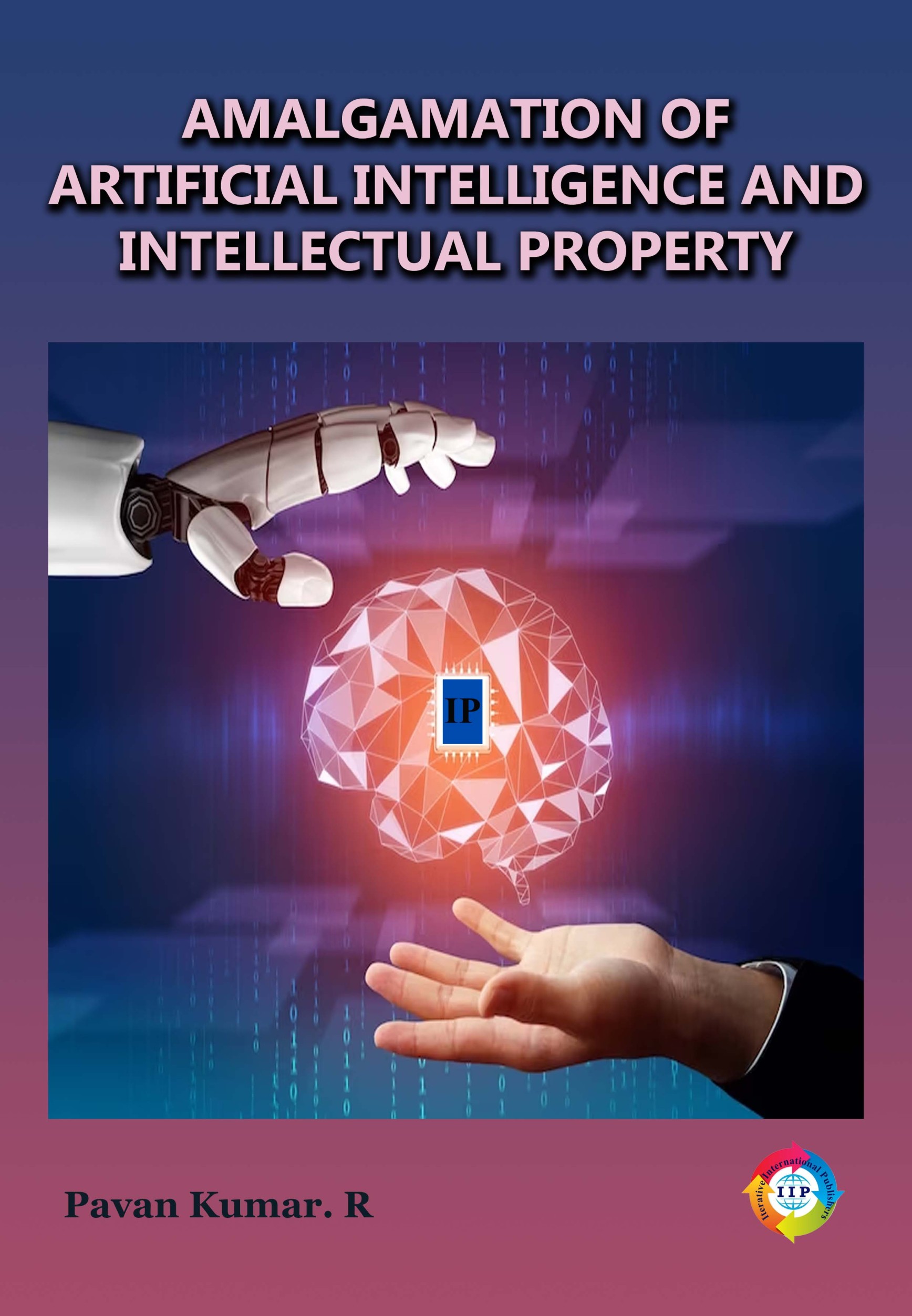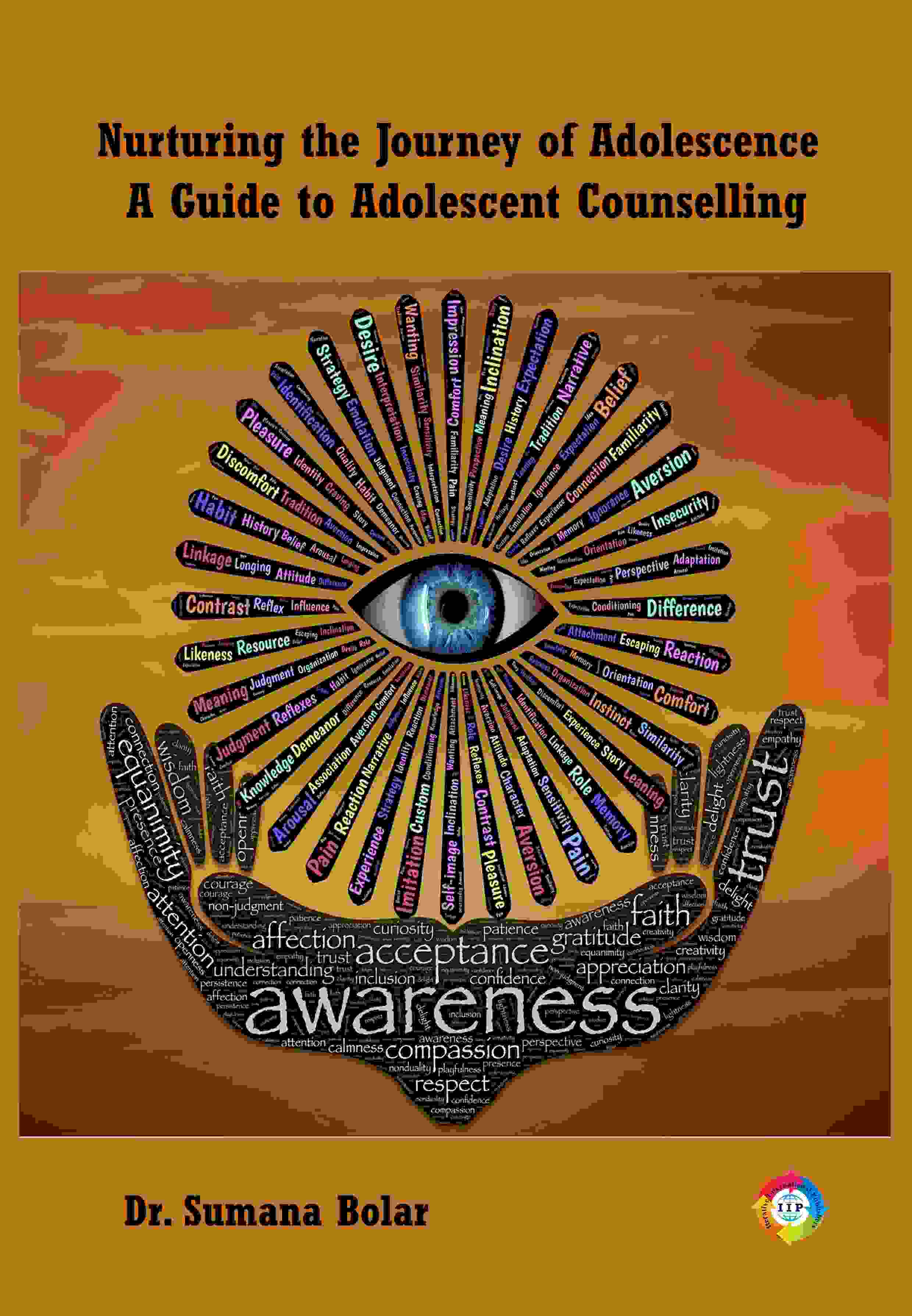.jpg)
RIGHTS OF DISABLE PERSON IN INDIA: “A CRITICAL STUDY WITH SPECIAL REFERENCE TO RIGHTS OF PERSON WITH DISABILITIES ACT, 2016”
-
TypePrint
- CategoryAcademic
- Sub CategoryPhD Thesis/Thesis
- StreamSocial Sciences
'Disabilities' is an umbrella term, covering impairments, activity limitations, and participation restrictions. Impairment is a problem in body function or structure; an activity limitation is a difficulty encountered by an individual in executing a task or action; while a participation restriction is a problem experienced by an individual in involvement in life situations. Thus, disability is a complex phenomenon, reflecting an interaction between features of a person’s body and features of the society in which he or she lives.
This research study focuses on “Evaluating rights of disable person in India: a critical study with special reference to rights of person with disabilities Act, 2016.” Main aim of the research is to acquire knowledge and information about the special rights for disabled persons including constitutional and the legislative rights also with special reference to disabilities Act, 2016. This chapter mainly focuses on the terms that are commonly used in the constitution and what are the special rights for disabled persons. This chapter helps in identifying the research background that provides clear understanding of different topics related to the research issues.
The Constitution of India ensures equality, freedom, justice and dignity of all individuals and implicitly mandates an inclusive society for all including persons with disabilities. In the recent years, there have been vast and positive changes in the perception of the society towards persons with disabilities. Majority of persons with disabilities can lead a better quality of life if they have equal opportunities and effective access to rehabilitation measures. "Disability" figures in the State List in the Seventh Schedule of the Constitution. The Government of India has always been proactive in the disability sector. In medieval England, The 'lepre', 'deaf' and dumb', 'blind',, 'unsound mind', 'creple', 'made' and 'lunatic' were a fully visible presence in everywhere. People could be born with a disability, or were disabled by diseases such as leprosy, or breaking work.
When VIII Henry split from the Roman Church, he ordered the 'Dissolution of the Monasteries'. Across the country, religious houses were demolished and monks and nuns driven out. The hospitals in these buildings were lost, along with the systems of care they had provided for defective and abnormal persons. For many, poverty and a life on the streets followed this destruction.
A series of Poor Law Acts viciously punished 'sturdy vagabonds' who were seen as idle by choice. They could be whipped and branded. But the 'impotent poor' were viewed differently. 'The naturally defective people, either in wit or member, as an abnormal, unsound mind, deaf and dumb, idiot, lunatic, blind, lame etc., not being able to work. all are provided for by the overseers of necessary relief and are to have allowances, according to maladies and necesities.'
The 19th Century is the time when buildings designed for abnormal people 'boomed'. The industrial revolution had a dramatic impact on the English landscape. Towns, cities, factories, railways, transform and mills quickly replaced the ancient fields and villages. Outside many towns and cities, the high walls and chimneys of a new county pauper lunatic asylum began to dominate the view. Some people were living in small charitable asylums. By 1900, more than 100,000 'idiots and lunatics' were in 120 county pauper asylums. A further 10,000 were in workhouses.
freedoms on an equal basis with others. It goes without saying that the PWD Act, 1995 stands repealed with the enactment of RPD Act, 2016.
While laws are an important means of providing rights for groups who have been oppressed, actions must follow to ensure continuous evolution of law. Judiciary plays a significant role in the interpretation of general guarantees of rights into specific circumstances. This process is popularly known as judicial law making, court law or judgment law. These interpretations establish legal precedents and principles that can be widely applied in dealing with similar issues. In a landmark case, in Kesavananda Bharati vs State of Kerala, the Supreme Court of India observed that primarily the mandate in Article 37 is addressed to the legislature, but, in so far as the Courts of Justice can indulge in some judicial law making within the interstices of the Constitution on any statute before them, the Courts too are bound by this mandate. Both international and domestic courts have significantly contributed to disability jurisprudence. It is in this context that litigation can play an important role.
From the outcomes of empirical methods that are cognizant of state-level variations this research provides evidence of state-wise disparities in the economic well-being of people with disabilities. This is relatively evident even from early exploratory results which show that there is little correlation between the institutional capacity of a state and indicators of support for persons with disabilities. Using an instrumental variables Wald estimator technique that corrects for endogeneity in the indicator of disability status, we find that households with members with disabilities fare significantly worse as compared to households without people with disabilities. As per 2001 census there are around 2.19 Crores of persons with disabilities in India. The table mentioned below provides the population of persons with disability as per 2011 census conducted by the Census of India. The World Health Organization in a report in 2011 estimated that 15.3% of the world’s population deals with disability of one kind or the other. Census 2001 has revealed that over 21 million people in India as suffering from one or the other kind of disability. This is equivalent to 2.1% of the population.
**Note: IIP Store is the best place to buy books published by Iterative International Publishers. Price at IIP Store is always less than Amazon, Amazon Kindle, and Flipkart.





COMMENTS
No Review found for book with Book title. RIGHTS OF DISABLE PERSON IN INDIA: “A CRITICAL STUDY WITH SPECIAL REFERENCE TO RIGHTS OF PERSON WITH DISABILITIES ACT, 2016”